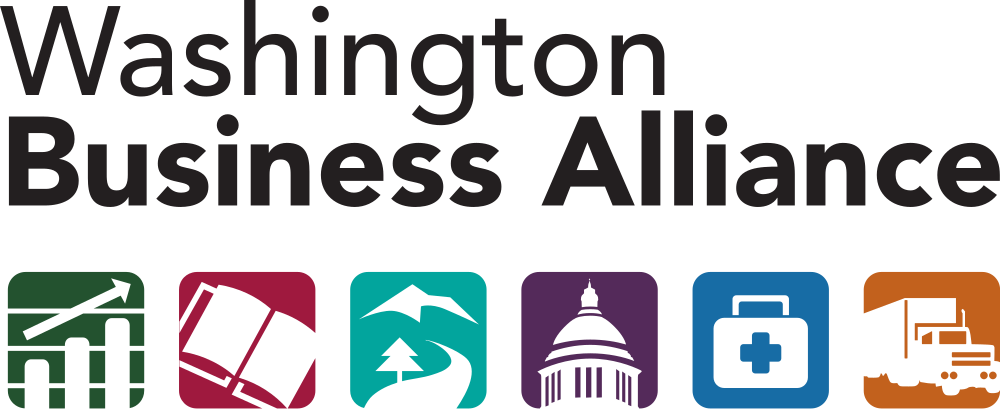There is emerging bipartisan support for creating a social impact bond pilot project in Washington’s state legislature, but staunch opponents aren’t standing down. Social impact bonds – or SIBs, also known as “pay for success” bonds – are a relatively new approach to public finance where private investors provide up-front capital to fund social programs which promise to deliver long term payoffs to taxpayers. If the programs are effective at meeting benchmarks then the private investors are compensated, in theory with some of the savings they helped the state generate.
A New Public Finance Tool for an Era of Constrained Revenue
In 2010, under the weight of the recession, a new approach to financing social programs was first piloted in a revenue-starved United Kingdom. In the UK’s pioneering SIB pilot, the Ministry of Justice partnered with Social Finance, Ltd. in an effort to decrease prison recidivism by improving services which reintegrated the newly released back into society. Though it began with solid results initially, the project has recently lost its footing in the UK.
The programs have emerged stateside, with large pilots underway in New York and Massachusetts, but it will be decades before they can be fully evaluated.
Emerging Bipartisan Support for Proposed SIB Project In WA
Still, the promise of unlocking private investment in social outcomes has generated interest and activity in Washington’s state legislature. In the last legislative session, the state House Early Learning & Social Services Committee passed HB 2337, a bill which would “establish the Washington social investment steering committee to develop and monitor the implementation of at least one pilot program, financed by social impact bonds or other public-private financing models, which delivers prevention-focused…social or health care services.”
The bill’s primary sponsor, Rep. Hans Zeiger (R – 25th) argues that the SIBs have the potential to unlock investment for services that the government would not otherwise fund. According to Zeiger, by “directing private investments towards programs that work… [SIBs] provide incentives to solve problems versus reinforcing the bureaucratic status quo.”
Though his bill has been blocked in the House, Rep. Zeiger anticipates opportunities to advance the cause in the next session by finding champions for SIBs in the Washington Senate. “In 2015, everything will be about K-12 education,” Zeiger says. “The kind of funding we need re-directed towards K-12 is immense… To meet the McCleary mandate we need new funding options like SIBs.”
After passing easily through the House Early Learning & Social Services Committee with support from both sides of the aisle, the SIB proposal hit an impasse in the legislature when it reached the House Appropriations Committee.
Determined Opposition
Appropriations Committee Chair Rep. Ross Hunter (D – 48tb) minced no words about his role in thwarting the proposed legislation. “I killed it,” Hunter bluntly stated. In Hunter’s opinion, even if executed perfectly, a SIB ultimately equates to a means for the state to borrow money. “And I’m not out there looking for new opportunities for the state to borrow money… If we have evidence to justify an investment, then why not put aside money for it?”
Rep. Hunter said that the state “has not typically borrowed money to build social infrastructure. It’s a very expensive way to raise money.” Private investors will require a substantive return on their investment to justify the opportunity cost of the expenditure. Beyond that, the success of social programs depends on a whole universe of social services in order to be effective. Rep. Hunter asks, “How are we to know that improvements were created by one intervention and not by another?” To help answer such questions Harvard University provides a technical assistance lab for local and state governments looking to implement SIB programs.
In the face of determined opposition from Rep. Hunter and others, proponents of HB 2337 continue to explore potential SIB pilot projects in Washington. House Early Learning & Social Services Committee Chair Rep. Ruth Kagi (D – 32nd) says that she will be meeting with Rep. Zeiger and many of the bill’s other 30 co-sponsors to discuss what to do to move forward. Kagi says “HB 2337 was an exploratory sort of bill. That exploration is probably going to happen anyway, and it will happen outside the legislature if necessary.” She anticipates working with legislative supporters and Partners for Our Children to further develop the pilot project proposal without the use of a formal steering committee.
Rep. Kagi acknowledges the doubts about SIBs, but sees value in exploring them nonetheless. She stresses that SIBs are intended to fill gaps where public funding simply doesn’t exist. “We just don’t have the money,” Kagi says. “If you can get those front end investments that will save money in the long run, then it’s worth looking at.”
